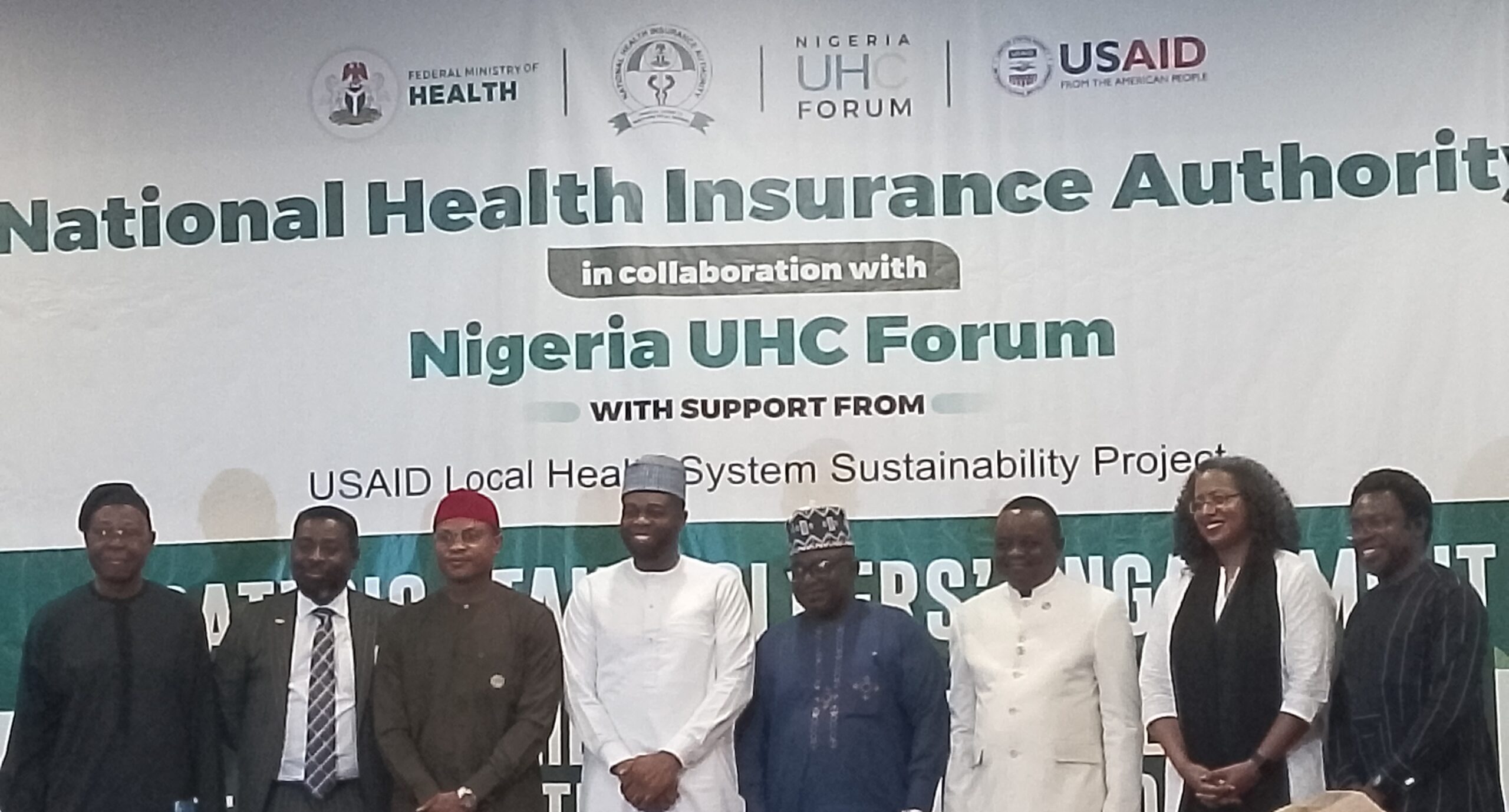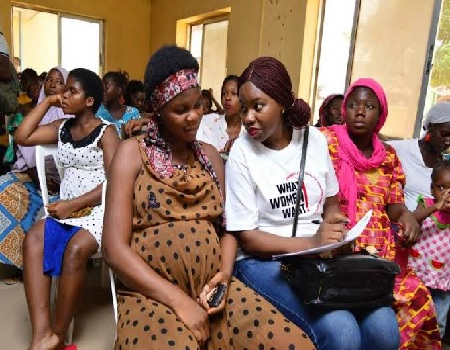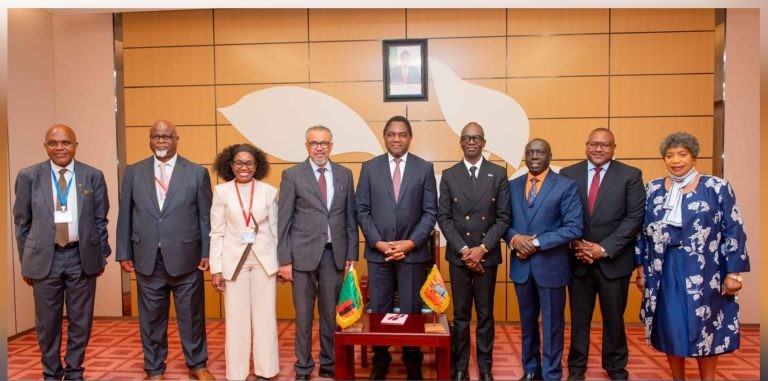
By Fatima Saka
The National Health Insurance Authority and Stakeholders have come together to deliberate on the broader health ecosystem in ensuring that the demand side complements the supply side and results in implementing health outcomes for the beneficiary.
In his keynote address, Director General of the National Health Insurance Authority Dr Kelechi Ohiri, emphasized that the informal sector and vulnerable populations remains a critical objective.
He further outlined the vision of NHIA’s to achieve universal health coverage, and gives priority to the “Enforcing mandatory insurance, Increasing public awareness and trust in the system, Improving quality standards and market efficiency, Operationalizing funds dedicated to vulnerable groups.”
The DG of NHIA made this assertion on Friday in Abuja at the NHIA’s Strategic Stakeholders Engagement in collaboration with Nigeria Universal Health Coverage Forum and Local Health System Sustainability Project (LHSS), Project Nigeria.
In line with the desired goal of achieving UHC in Nigeria, the NHIA in partners with the Nigeria UHC Forum and United States Agency for International Development (USAID) -LHSS.
With the theme “The NHIA Act: Two Years After – Reflections and Future Direction” to reflect on the past, assess the present situation, and share a common vision for the future of health insurance in Nigeria.
He reiterated NHIA’s commitment to transparency, setting robust standards, and regulating the fragmented health insurance landscape.
However, he said that achieving these goals requires collective effort from all stakeholders.
He called for regularly hosting interactive stakeholder sessions, stating “We must come together routinely to collectively address challenges in Nigeria’s health insurance landscape through consistent dialogue and collaboration.
While reviewing the progress and ongoing challenges of Nigeria’s health insurance scheme since its inception in 1999, the DG of NHIA said that despite notable advancements, significant issues such as low coverage, uneven distribution, and persistent quality concerns continue to hinder the scheme’s effectiveness.
Meanwhile, on May 19, 2022, the NHIA Act was signed into law, repealing the NHIS Act of 2004 which addresses some of the challenges of the old law, by providing for mandatory health insurance and establishing the Vulnerable Group Fund.
It also transforms the NHIA into a promoter, integrator and regulator of all health insurance schemes in Nigeria.
He underscored a transformative shift introduced by the NHIA Act 2020, which mandates health insurance for all Nigerians, establishes state-specific schemes, creates a vulnerable group fund, and enhances the NHIA’s regulatory functions.
He pointed out that while 62 per cent of the formal public and private sectors are covered, the large informal sector lags with only one per cent coverage.
Dr Bolanle Olusola-Faleye, Chief of Party, LHSS, said that it was an opportunity for essential investments in Nigeria’s Health Sector Renewal Initiative, particularly focusing on financial risk protection for the poor and vulnerable.
The NHIA strategic stakeholders engagement panel discussion, moderated by Gafar Alawode, Director of DGI Consult Limited, featuring representatives from Health Maintenance Organizations (HMOs), state health insurance schemes, and Civil Society Organizations (CSOs).
Alawode said that the panel aimed to foster collaboration to enhance coverage in alignment with NHIA’s vision for health insurance in Nigeria.
Dr Elaine Baruwa said that enrollment was merely a step towards the ultimate goal of translating enrollment into tangible health benefits
Baruwa urged for a compelling business case for health investments that appeal to financial decision-makers.
Dr Francis Ukwuije, Health Economist, WHO Nigeria, stressed the importance of prioritizing data on key health insurance programme outputs, such as healthcare service usage, to support informed decision-making.
He reiterated that it’s very useful that the authority prioritized improvement in population coverage, and also prioritized equity in access to health care.
“It’s ensuring that there is quality in the care that is provided and the last one. It’s improving the health insurance market in terms of efficiency.
“So that four-point agenda resonates very well with us. And as key stakeholders, we are happy that this engagement is happening. I’m sure that with what has happened here today, the NHIA will gain more support from all the partners running around ensuring that these four-point agendas are successfully implemented for us in the WHO. We are a member state organization. We have no option but to support the government and support the NHIA specifically”
Meanwhile, Dr Mustapha Lecky, Chairman Health System Reform Coalition of Nigeria (HSRCN) said,HSRCN as an umbrella coalition were already stretching hands for effective collaborations to enable their mandates.
Lecky said that as an umbrella of coalition its believed in collaboration, partnerships, support, planning and strategic approach.
He called for more deliberate engagement and involvement of CSOs to drive advocacy and progress under the NHIA Act.
He said a collective drive towards strengthening Nigeria’s health insurance framework to achieve UHC.




Link exchange is nothing else however it is simply placing
the other person’s webpage link on your page at appropriate
place and other person will also do similar in support of you.
Thank you for your feedback! Please where is the appropriate place of placing links on webpages?